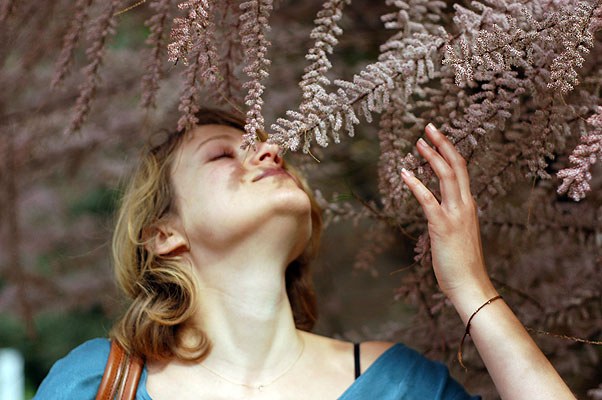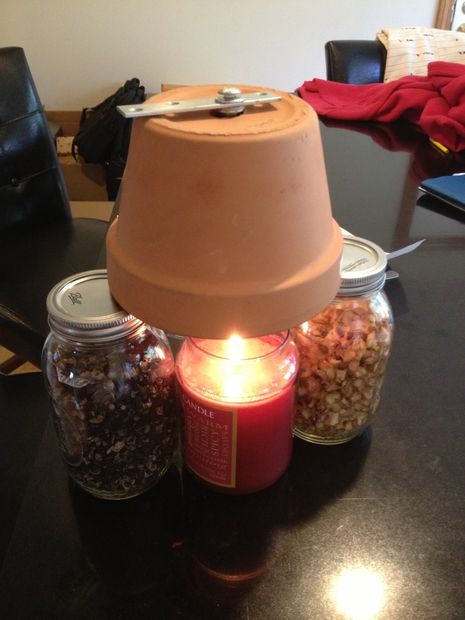- October 02, 2017

Scent has played a key part in human history, going as far back as Ancient Egypt, through the Renaissance, and still playing a significant part in modern life.
Scent works its way into our brain and affect our memories, our emotions, and even our behaviour. Scent is the way in which we understand what food we are eating, what substances might be dangerous to us, and even the way we are attracted to other people.
How Does It Work?
Smell is an amazing thing. It can take you back through time – to your childhood, to a relationship with an old flame, or to that holiday you’ll never forget. For many people, the smell of chlorine wafting through the air brings back memories of summers spent in the pool. In the same way, the smell of fresh baking might harken back to afternoons spent with grandma, or a certain scent might remind you of the one your mother used to put on when she was getting ready to go out.
Our noses have an amazing way of sniffing out nostalgia, and connecting scents we encounter with memories and emotions of the past, and science has made some interesting links between scent and memory. While a smell can’t trigger memories all by itself, it does so by association. Every day, our brain stores information about our experiences. For example, if we take a trip to the beach, our brain will store information about how the beach looks, how the sand feels, and the things we smell when we are there. All of this sensory information becomes tied to the people, places and things that are around us when we encounter it, including smells. This means that while the smell of the ocean may not remind you of a specific day or time, it will bring back memories that are associated with the smell, like childhood summers spent at the beach. In animals, this plays a crucial role in their ability to survive, and in humans, it can also have negative effects, as smells can trigger traumatic memories.
How Can We Use Scent to Our Advantage?
Because scent is so powerful, people have come to use it as a form of therapy - otherwise known as aromatherapy. While scent-evoked memories normally happen by accident, when you happen to come across something that conjures a memory for you, aromatherapy harnesses this power to deliberately induce certain physical and emotional responses to scent. This can be to reduce anxiety, to energise or to boost mood. Some scents are also used to alleviate migraines, nausea and vomiting, and to provide pain relief.
The use of scent in recalling information has become popular among college students, who use scent as an exam technique. The technique involves smelling something regularly while reviewing the work that will be covered in the exam, and then smelling the same scent at the exam. This might be burning a scented candle while you study, and sniffing it right before you enter the exam room, or rubbing a scented oil on your wrist during study sessions, and again on exam day.
Which Scent Should I Use?
When picking a scented candle, the best place to start is by deciding what effect you want the scent to have. Do you want to feel super relaxed, and enjoy the scent while you are bathing, or resting? Or, would you rather feel energised and recharged while you get the housework done? Decide what you want to achieve with the scent - what your end goal is - and then work backwards from there.
Here’s our quick scent suggestion guide, to help you choose the scent that’s right for you:
Calming:
Midnight Dream
Sugar Cookie
Lavender
Energising:
Dragon’s Blood
Holiday Sparkle
Enchanted Apple
Summer Camp
Romantic:
Little Black Dress
Merlot
Strawberry Musk
Pink Lilac and Willow
Mental Clarity:
Citrus Basil
Cinnamon
Gingerbread
Cedar, Sage and Blackberry







